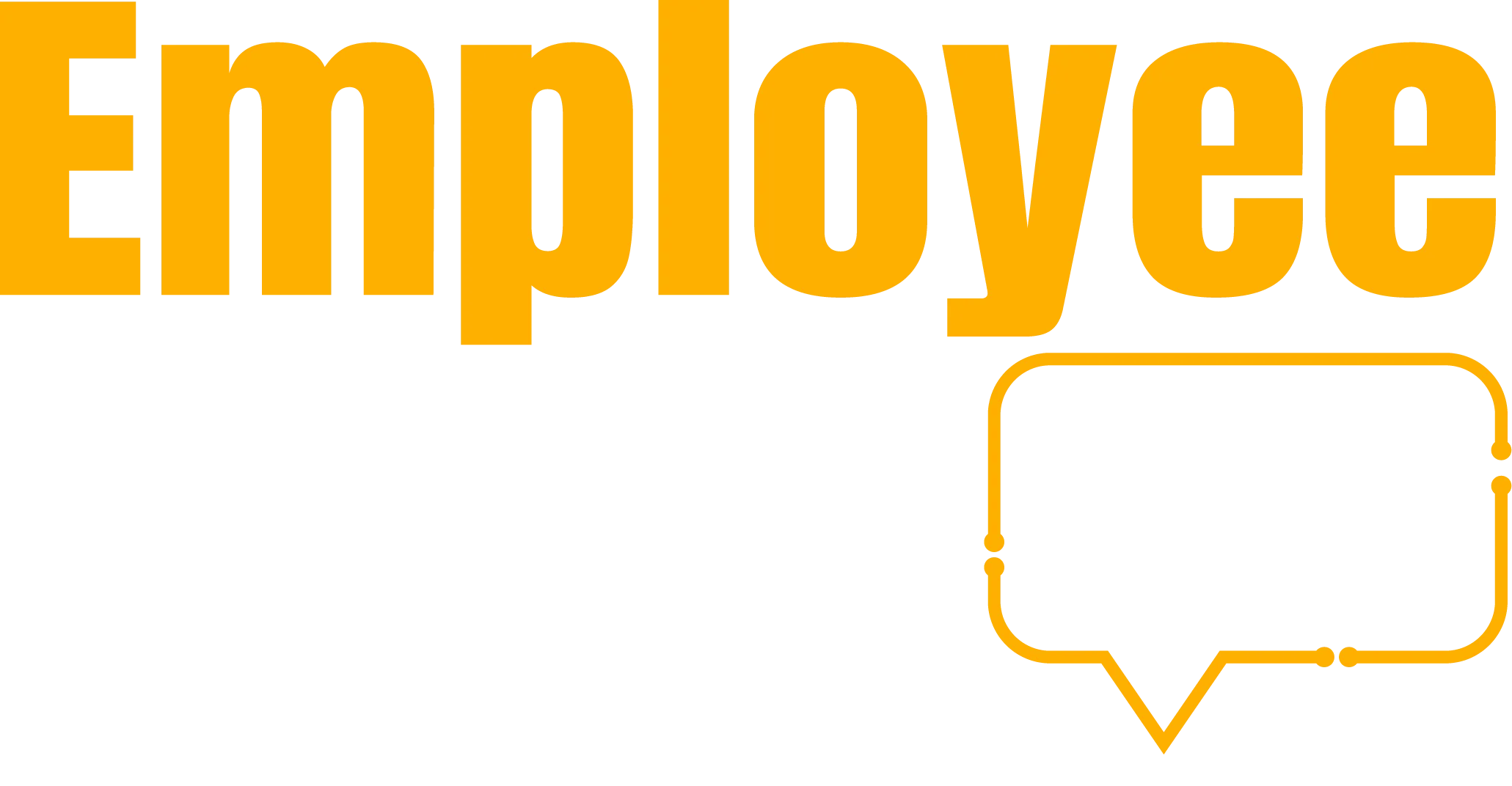Imagine that your HR team is drowning in admin tasks, sifting through hundreds of resumes, manually onboarding new employees, answering policy-related questions, and scrambling to meet compliance requirements across multiple geographies. Meanwhile, your competitor hires the top talent in the market and moves on and your employees are still craving for that personalized support.
Sound familiar?
This is the new reality for human resources and it’s why integrating AI in HR is necessary for today’s workplace. With talent shortages being real, employee expectations rapidly evolving, and the skills gap growing wider by the day, HR professionals are under immense pressure to perform faster, better, and smarter. But here’s the catch:
According to IBM’s Institute for Business Value, only 20% of executives believe that HR is currently driving their company’s future-of-work strategy.
Why? Because HR sits at the very heart of the workforce experience from hiring and onboarding to engagement, performance, and retention. If HR doesn’t lead the AI transformation, who will?
The good news? Many HR departments are already discovering the power of AI and it’s paying off.
78% of employees said that AI tools have already improved their workload and productivity.
This shows us one thing loud and clear:
People want tools that make work easier and HR can be the team that delivers them.
What are AI tools in HR?
AI tools in HR (also called AI tools for human resources) use machine learning, predictive analytics, and natural language processing to improve processes like:
- Recruiting and resume screening
- Employee onboarding
- Learning & development
- Performance management
- Policy compliance
- Workforce analytics
- Employee wellbeing
How is AI already helping HR teams?
Saving 2+ hours/day by automating admin tasks
AI tools now handle repetitive, time-consuming tasks like resume screening, interview scheduling, attendance tracking, and answering FAQs through chatbots. This gives HR professionals more time to focus on strategic work like employee engagement and culture building.
Improving candidate experience with faster screening and communication
AI-powered Applicant Tracking Systems (ATS) use natural language processing to scan resumes, match them with job roles, and send real-time updates to candidates. This speeds up the hiring process while keeping candidates informed leading to a more positive experience.
Detecting burnout and risk through behavior analysis
AI tools monitor employee productivity, time usage, and communication patterns to detect early signs of disengagement or burnout. HR teams can then step in with timely support or intervention.
Personalizing learning paths to boost internal mobility
AI-driven learning platforms track each employee’s skills, performance, and interests to recommend training courses and career paths. This empowers employees to grow within the company, improving retention and reducing hiring costs.
So, the time is now to get familiarized with AI in HR. Check out the list of AI tools you should know about for now. This list will be refreshed as and when the new AI tools hit the market.
10 unique AI tools for HR processes in 2026
1.Talla
What It Does:
Talla is an AI-driven HR assistant that automates responses to common employee questions and streamlines HR service delivery. It acts as a 24/7 virtual HR helpdesk, improving response time and reducing repetitive workload for HR teams.
Why It’s Useful for HR:
It helps employees get instant answers from AI chatbots of FAQs about leaves, policies, payroll, and more without waiting for HR intervention. This boosts HR efficiency and enhances employee experience.
Why It’s Unique:
Unlike traditional ticketing systems, Talla offers real-time, conversational support making HR more responsive and scalable with minimal manual input.
2. HireVue
What it does: AI-powered video interviewing and candidate assessments using natural language processing and facial analysis.
Why It’s Useful for HR: Speeds up initial screening, reduces hiring bias, and helps shortlist candidates faster.
Why It’s Unique: Its video analytics assess not just what a candidate says, but how they say it like tone, energy, and confidence.
3. What It Does:
Effy AI simplifies the process of conducting 360-degree performance reviews and running in just 60 seconds. It automates everything from setting up questions to collecting feedback and generating detailed AI-based reports.
Why It’s Useful for HR:
Effy saves HR teams hours by automating review cycles, helping them gather holistic feedback at key moments like promotions, probation periods, or major projects.
Key Features:
- Slack integration for easy access and notifications
- Triggers for formal reviews (new hire, role change, promotions)
- AI-generated performance summaries
Why It’s Unique:
Effy makes performance reviews fast, easy, no spreadsheets. and data-rich.
4. Lyra Health
What it does: Offers AI-supported mental health care, therapy matching, and coaching for employees.
Why It’s Useful for HR: Supports employee wellbeing and reduces burnout. HR can track utilization rates and mental health trends.
Why It’s Unique: Combines clinical research with AI to match individuals to the right care quickly.
5. Payscale
What It Does:
PayScale uses ai to analyze massive amounts of real-time salary data across industries, locations, and job roles. It helps HR teams benchmark compensation, eliminate pay gaps, and make data-backed decisions to attract and retain talent.
Why It’s Useful for HR:
It removes the guesswork from salary planning, ensures internal pay equity, and keeps your company competitive in the job market, all with AI-powered accuracy.
Why It’s Unique:
PayScale combines trusted salary data with AI insights to help HR teams build fair, future-ready compensation strategies without manual research.
6. Donut
What It Does:
Donut uses AI to automatically pair employees for virtual coffee chats, team-building activities, or employee learning based on shared interests or roles. It’s designed for remote and hybrid teams to encourage conversations.
Why It’s Useful for HR:
Helps improve employee morale, ice breaker in remote settings, and strengthen company culture. Great for cross-functional engagement.
Why It’s Unique:
Donut helps the virtual workplaces smartly, automated pairing boosting engagement in remote-first companies.
7. SmartReach.io
What it does:
SmartReach.io is an AI-based recruitment tool that automates and personalizes email outreach to potential candidates. It’s designed to help HR teams improve candidate engagement and ensure no one slips through the cracks during hiring.
Why It’s Useful for HR:
By automating outreach with smart follow-ups, HR professionals can scale their engagement without losing the human touch.
Why It’s Unique:
SmartReach.io is built for recruitment workflows, offering intelligent automation that speaks directly to the candidate’s journey. This makes it a must-have AI tool in HR for proactive talent acquisition.
8. EdCast by Cornerstone
What it does: AI-powered learning experience platform that curates micro-learning content.
Why It’s Useful for HR: Helps reskill and upskill employees with personalized learning paths.
Why It’s Unique: Uses AI to recommend learning based on job role, behavior, and performance.
9. ActivTrak
What it does: Workforce analytics platform that gives deep insights into team productivity and digital behaviors.
Why It’s Useful for HR: Helps HR understand burnout risks, productivity, and engagement trends.
Why It’s Unique: Behavioral AI anticipates signs of burnout and identifies workflow inefficiencies early, helping teams stay healthy, productive, and supported.
10. ComplyWise
What it does: AI-powered compliance management for HR policies, workplace audits, and regulatory updates.
Why It’s Useful for HR: Ensures HR stays compliant with changing labor laws and internal policies.
Why It’s Unique: Automates audit trails and policy enforcement with smart alerts.
Examples of companies using AI in HR processes
Many top global organizations are already leveraging AI tools in HR to streamline recruitment, improve candidate experiences, and build future-ready workforces. Here are three companies doing it right and what your HR team can learn from them.
1. Amazon
AI Use Case: Resume screening, job matching, and workforce analytics
How Amazon uses AI:
Amazon uses AI-powered systems to scan thousands of resumes, compare them with job descriptions, and identify top matches based on skills, experience, and behavior patterns. Their AI also tracks employee productivity, helping managers detect burnout or underperformance early.
How to implement it in your HR team:
Use AI tools like HireVue or Koru to automate screening, shortlist candidates faster, and reduce hiring bias. These tools can analyze resumes and video interviews to match candidates based on skills and culture fit that saves HR hours of manual effort.
2. Unilever
AI Use Case: End-to-end hiring using AI video interviews and behavioral science
How Unilever uses AI:
Unilever replaced traditional CVs with neuroscience-based games and AI-analyzed video interviews (via tools like Pymetrics and HireVue). These tools assess decision-making, tone, and emotional intelligence leading to faster, fairer, and more diverse hiring.
How to implement it in your HR team:
Use video-based AI tools like HireVue for structured interviews and combine them with predictive hiring tools like Koru to assess grit, adaptability, and team skills that are perfect for high-volume or campus hiring.
3. Procter & Gamble (P&G)
AI Use Case: Cognitive assessments and AI for diversity hiring
How P&G uses AI:
P&G uses online cognitive and personality assessments to screen for potential and performance. Their AI tools also support diversity goals by removing bias from hiring decisions and tracking internal growth.
How to implement it in your HR team:
Use tools like EdCast to personalize learning plans post-hire and Lyra Health to support mental wellbeing. These AI platforms boost employee experience and help HR track engagement, productivity, and inclusion metrics.
Final thoughts: Why AI in HR are a must-have in 2026
The HR landscape is changing fast and AI is leading the transformation. From smarter recruitment to better employee engagement and compliance, the top 10 AI tools for human resources are helping HR leaders become more strategic, efficient, and people-centric.
In 2025, HR is no longer just about policies and paperwork, it’s about delivering exceptional employee experiences, making data-driven decisions, and supporting a workforce that expects speed, personalization, and transparency.






.svg)
.svg)
